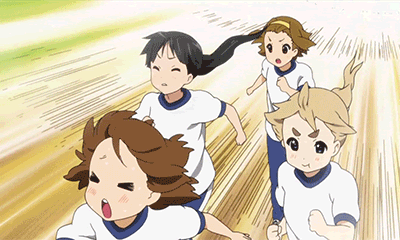こんばんわ皆さん。
At the first 日本語テエブル, it was difficult to hold a conversation with 牧野せんせえ because the number of expressions I know is very limited. So I wanted to share how one says "My hobby is..." with all of you. It's a great addition to the different phrases we've been learning in class related to introducing yourself to others.
So here it goes...
i.e.
[My] [hobby] [is] [kendo].
=
[わたしの][しゅみ][は][けんどおです]。
しゅみ = hobby
Not too difficult, right?
Now, as a brief note about me, kendo is actually one of my actual hobbies. I have been practicing kendo since 4th grade and I am currently a 2nd dan (段/だん) master. The reasons I find it really enjoyable is because of its focus on honing the mind and body as well as an emphasis on respect and courtesy.
While a kendo match may seem very physical and intense, when you are actually in the position of facing an opponent it feels more like a relaxed breathing exercise than a fight. An example of how kendo is infused with both de-stressing and respect is the rule of starting and ending every practice with もくそ(meditation).
While a kendo match may seem very physical and intense, when you are actually in the position of facing an opponent it feels more like a relaxed breathing exercise than a fight. An example of how kendo is infused with both de-stressing and respect is the rule of starting and ending every practice with もくそ(meditation).
Some 日本語 terms that are used regularly at the どじょ include:
列 - れつ: line, or to form a line
気を付け - きをつけ: (Stand to) attention!
正座, 正坐 - せいざ: sitting correctly (Japanese-style); sitting with the knees underneath the body.
着座 - ちゃくざ: Sit in seiza position.
止め - やめ :stop (command)
始め - はじめ : start (command)
and most importantly
礼 - れい : Bow
読んでくれてありがとう。じゃあ、またね!
*attached below is an english video with some Japanese たご included about the basics of Kendo!
NHK English Guide to Kendo









